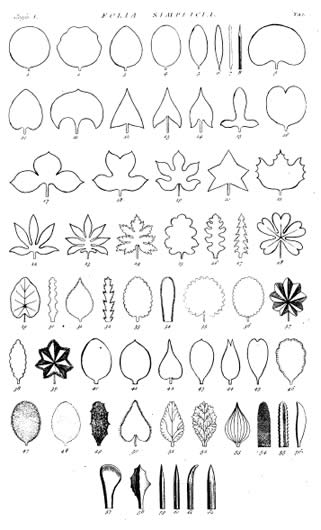God created, Linnaeus organized

The father of Carl Linnaeus was an amateur botanist named Nicolaus (Nils), a Lutheran christian Priest and the curate of a small village.Even in his early years, Linnæus seemed to have a liking for plants, flowers in particular. Whenever he was upset, he was given a flower, which immediately calmed him. Nils spent much time in his garden and often showed flowers to Linnaeus and told him their names. Soon Linnæus was given his own patch of earth where he could grow plants.
He lived abroad between 1735 and 1738, where he studied and also published a first edition of his "Systema Naturae". In it, he outlined his ideas for the hierarchical classification of the natural world, dividing it into the animal kingdom, the plant kingdom, and the mineral kingdom. In the 1740s, he was sent on several journeys through Sweden to find and classify plants and animals. In the 1750s and 1760s, he continued to collect and classify animals, plants and minerals, while publishing several volumes.
His students carried out botanical and zoological expeditions throughout the world tocollect new samples. They are known as the Apostles of Linnaeus.The expeditions were often dangerous. Seven apostles never came home. The first apostle, Christopher Tärnström, died of a tropical fever.
As a result of the popularity of the work, and the number of new specimens sent to him from around the world, Linnaeus kept publishing new and ever-expanding editions of his work. It grew from eleven very large pages in the first edition (1735) to 2,400 pages in the 12th edition (1766–1768). Among compliments, Linnaeus has been called "The Second Adam".
Linnaeus developed his classification of the plant kingdom in an attempt to describe and understand the natural world as a reflection of the logic of God's creation. Linnaeus believed in God's creation, and that there were no deeper relationships to be expressed. He is frequently quoted to have said: "God created, Linnaeus organized"
Carl Linnaeus (1707 – 1778) was a Swedish botanist, physician, and zoologist, who formalised the modern system of naming organisms called binomial nomenclature. He is known by the epithet "father of modern taxonomy". At the time of his death, he was one of the most acclaimed scientists in Europe.